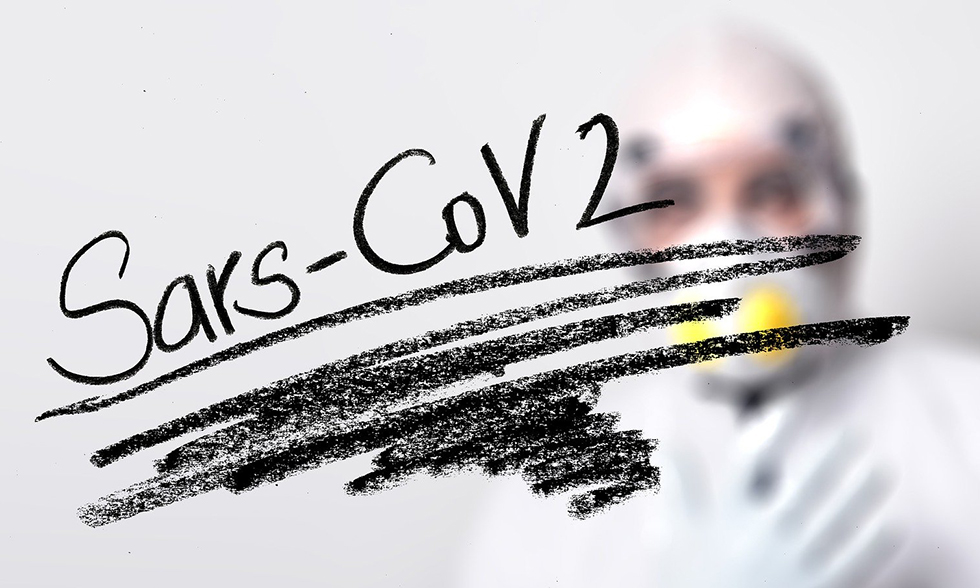The coronavirus is spreading. Every day there are new infected people in more countries and cities, dramatic headlines, reports and postings in the social media. If you hear someone coughing on public transport, a kind of spontaneous quarantine takes place, with all bystanders moving away, toilet paper and pasta suddenly sold out. Besides, there is probably no interpersonal encounter in which one does not at least briefly come up with the topic “corona”. Panic and coronavirus – should we really be afraid? With all the necessary caution, however, we should also look behind the scenes of our fear in order not to panic.
How fear arises
Fear is an effective protective mechanism that ensures our survival. It is therefore unlikely to be successfully trained on any healthy living being. We need it to activate our body, to fight or run away and to bring us to safety. Panic has a trigger, which can be conscious, but also unconscious. The trigger can be a (supposedly) threatening situation, a person or another living being or even our own fearful thoughts. When we experience panic, our body releases stress hormones such as adrenaline. The stress hormones ensure, for example, that we accelerate our breathing, that there is sufficient oxygen and sugar in our blood and that our digestion is inhibited in order to save energy. Our body is ready for action. But in the case of the coronavirus – what for?
Fear influences our behaviour
We have all seen mass panic in animal documentaries, for example when a herd of antelopes is suddenly approached by a lion. One antelope after the other reflexively takes the legs in his hand until the whole herd finally falls into a hectic flight and storms away closed. Something very similar happens when we see at the supermarket checkout that the gentleman or lady in front of us has a shopping cart full of canned food. Then we suddenly ask ourselves: Shouldn’t I do the same? And already we rush panic-stricken to the tomatoes that have been passed – and others do the same to us. When we are afraid, we orientate ourselves all the more towards others. We don’t want to be the ones who have failed to provide sufficient security and end up falling by the wayside.
There is, of course, absolutely nothing wrong with having a few more rolls of toilet paper in your cupboard, washing your hands regularly and thoroughly, and not staying at airports for no reason. What really bothers us are usually also not concrete precautions that are easy to implement. What concerns us is the fear that the coronavirus will actually hit us and, in the worst case, that we could die from it. The paradox is that we humans tend to fuel this fear by specifically seeking information and passing it on to us, which is particularly dramatic. There is also a good reason for this.
Panic and coronavirus – when fear calms us
From an evolutionary perspective, it is not so surprising that we are looking for frightening information. By constantly scanning our environment for threats, we try to protect ourselves as best we can. We want to find out, so to speak, what the “worst case scenario” could be in order to arm ourselves. The problem is that there is simply too much information pouring in on us and, at the latest when we move around in the area of social networks, we read or see some things that are only the tip of the iceberg. But many people are interested in these pointed messages in particular. The reason for this is – and now it’s getting paradoxical again: the confirmation of our fears can be reassuring. This is similar to when we go to the doctor with diffuse complaints and wildest fears and he presents us with a diagnosis. This is not pleasant, but we feel a strange relief and think: “So I was right after all. It’s bad.” Suppose the coronavirus suddenly turned out to be much more harmless than expected or that there was suddenly an effective drug. How does it feel to have a cupboard full of macaroni?
We feel confirmed by the information that the coronavirus is a catastrophe. In addition, we are able to better mentally organize our environment and this gives us a feeling of overview. The black and white reports of some media address exactly this psychological need for clarity. After all, it is more difficult to live with a completely incalculable threat than to fear the worst. But our fear also fulfils a second function.
Fear unites
Let us return once again to the subject of mass panic and the herd of antelopes. Instinctively the animals stay together during their flight. This happens rightly, because if the lion manages to separate one or some of the antelopes from the group, the predator has an easy job. Something similar happens in our society when a “scare news” makes the rounds. We stay together, we have a topic of conversation, other conflicts fade into the background. This can be another pleasant side effect of fear. But what about fear and panic regarding the coronavirus? Is it appropriate or inappropriate?
How helpful is my fear?
In the end, we should always ask ourselves: How helpful is my fear? Does it really help me to protect myself effectively? Because unlike an antelope, we do not have to be guided by our reflexes. Since we have a more differentiated prefrontal cortex, the brain region that is significantly involved in the regulation of emotional processes and action control, we can make conscious decisions. Which sources of information do I want to use? Which precautions make sense? Questioning fear sometimes protects our mental health more than conclusions and actions guided by fear.
